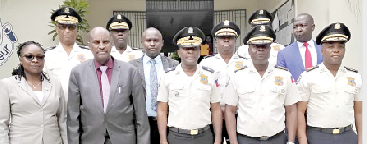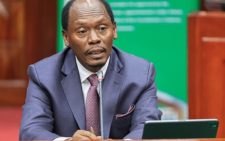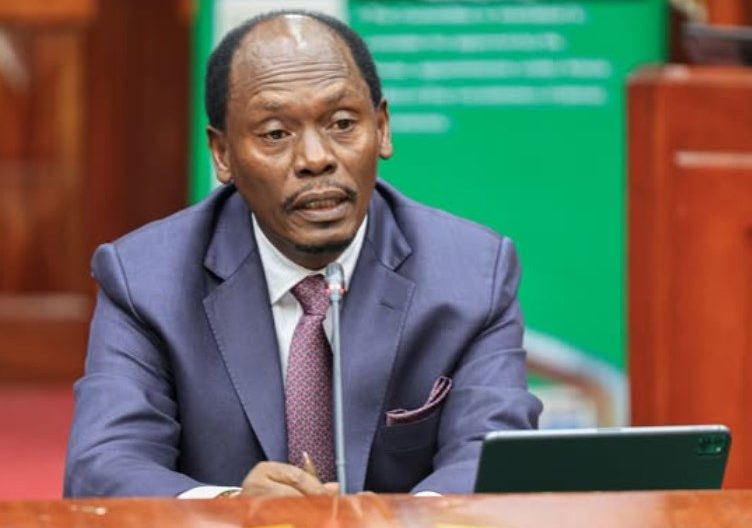Kenyan police advance team expected to return from Haiti today

Senior security officers who travelled to Haiti ahead of the planned deployment of Kenyan forces are expected back in Nairobi today.
Officials said yesterday the government was now ready to send police officers to the Caribbean country to help quell growing gang violence, but several identified issues must be addressed first.
The advance team, including Noor Gabow, the deputy inspector general of the Administration Police Service, held several meetings with other officials, including from the United Nations Integrated Office in Port-au-Prince, among other inspections.
Kenyan police officers were expected to start arriving in Haiti this week but the advance team advised that a few issues be sorted out on the ground first. As a result, the force is expected to be there by mid-June, according to President William Ruto.
Kenya, which is leading the 2,500-member security force, has agreed with the Haitian government on rules of engagement for the security personnel, who could face fierce opposition from the well-armed Haitian gangs that have taken over the country’s capital and overwhelmed local police.
But the agreement has not been committed to writing or submitted to the United Nations Security Council, a prerequisite for the multinational security mission to begin.
The Kenyan team found that Haiti lacks the equipment to accommodate the deployment of the police officers. Haiti also lacks armoured vehicles to move the foreign officers around and a deficit of radios and communications equipment.
The mission still needs to procure choppers to evacuate potential casualties from Haiti, where dozens of hospitals have been destroyed or looted since February 29, when gangs united to topple the government.
In April, President Joe Biden authorised a $60 million military aid package using what is called presidential drawdown authority to get rifles and ammunition into the hands of the Haiti National Police, and to allow the Kenya-led force to quickly deploy.
In Haiti, anticipation is high the arrival of foreign forces will help loosen the tight grip of armed gangs that have caused shortages in medications and food. Without the money, either from the US or other countries, supporters fear the country will face not just a full gang takeover, but a humanitarian catastrophe.
Other countries that will send officers to Haiti are Chile, Jamaica, Grenada, Paraguay, Burundi, Chad, Nigeria and Mauritius.











